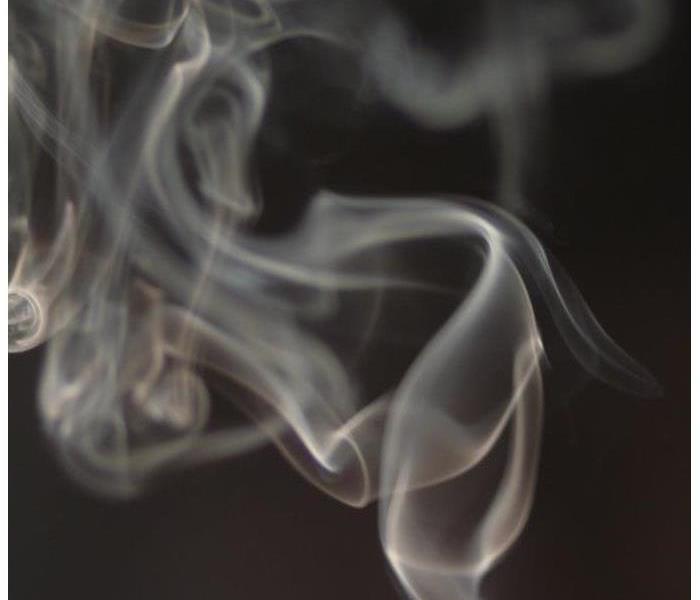Fire Do's and Don'ts
8/29/2021 (Permalink)
Fire damage itself is enough trouble as is, but most forget that smoke damage and other odors can be just as much of a nuisance. After a fire, it's important to act appropriately in order to avoid secondary damage. These do's and don'ts might come in handy to help you increase chances of a successful restoration.
DO:
- Limit movement. Extensive movement can further embed soot particles in your carpet and other upholstered surfaces
- Keep you hands clean so you don't transfer any soot around and damage walls and woodwork, etc.
- Put dry, colorfast towels and/or old linens on rugs, upholstery and carpet traffic areas
- If your electricity has failed, empty any fridges and freezer entirely. Then prop their doors open to prevent odor
- If you have chrome appliances or trim, you can wipe soot from those surfaces and apply a thin coating of lubricant to them
- If you fire occurs during winter and your heat fails, pour RV antifreeze into sinks, toilet bowls, holding tanks, and tubs to ensure your pipes and other fixtures don't freeze
- Change your HVAC filters, but leave the system off until it is checked by a professional
- Tape double layers of cheesecloth over your air registers. This keeps soot particles out of your HVAC system
DON'T:
- Don't try to wash any walls or painted surfaces without calling SERVPRO of Carroll County to consult about the extent of the damage
- Don't shampoo carpet of upholstered furniture
- Don't try to clean any electrical appliances that might have been close to the flames, heat, or water, because they might have become contaminated
- If your ceiling is wet, do not turn on the fan. The wiring might be wet or damaged and could cause electrical shock. Air movement could also spread around other particles and cause secondary damage
- Don't send your garments to the dry cleaner, as improper cleaning might only set in the smoke odor
If your home or business is faced with fire damage, don't try to clean it yourself. Our SERVPRO professionals are given special training and specific equipment to mitigate fire damage without furthering damage.





 24/7 Emergency Service
24/7 Emergency Service
